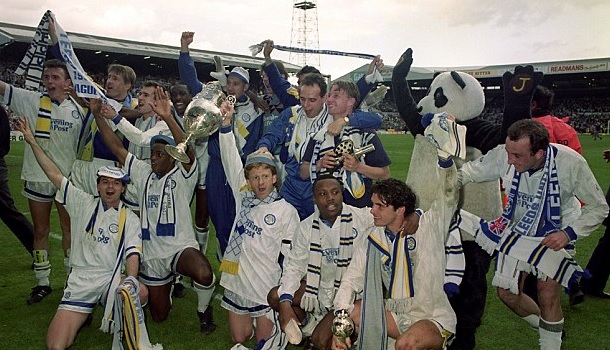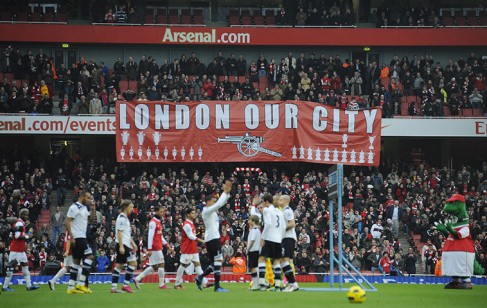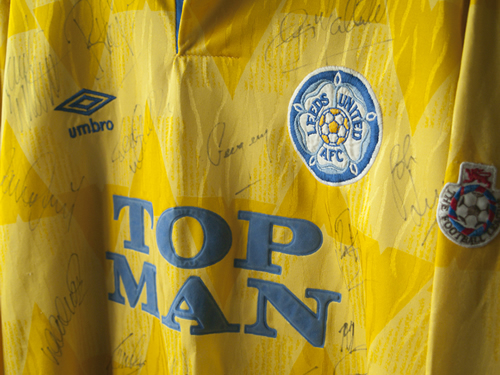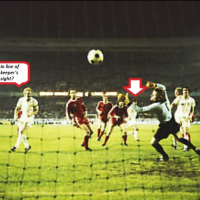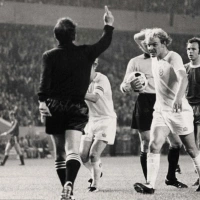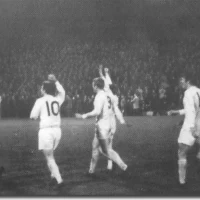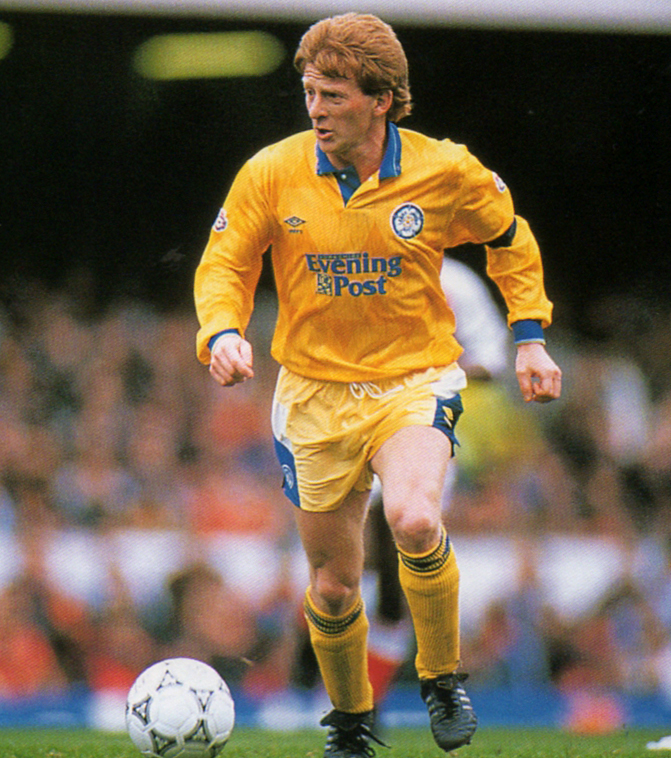
Superstar Lionel Messi is on record as declaring that he’d love to play for Marcelo Bielsa. In this blogger’s humble opinion, his recent plea for El Loco to join him on the Nou Camp stage at Barcelona was the wrong way to go about fulfilling that desire to experience the guidance of the man they call the best coach in the world. Messi should be looking at the reverse proposition, and consider the prospect of doing for Leeds United what Diego Maradona did for Napoli many years ago.
It’s always tempting in these cases to add together two and two, ending up with 1919 or so. When the signs align as they appear to do in this case, it’s hard not to clutch at a passing straw and reach a highly desirable conclusion. But there is that precedent involving Diego Maradona, a man who coincidentally figured in an even more outrageously unlikely rumour back in the dark days of pre-Wilko United’s second division tenture in the eighties. Then, affable MD Bill Fotherby was telling everyone who would listen that this deal could be done, and you began to understand how this plausible man had succeeded in life. It didn’t happen, of course, but Maradona did eventually make a move from his storied career at the Nou Camp to a Napoli outfit that had seen no Serie A success in far too long. The rest is history, Maradona proved to be the magic ingredient in the revival of the Naples club. He was also destined to feature briefly for Newell’s Old Boys later in his career, a club of significance to any student of Bielsaball.
So, could history repeat itself? It’s unlikely, but it’s also, tantalisingly, well short of impossible. The received wisdom is that Lionel Messi would love to play for Bielsa, and there is also the rumour that the new Adidas deal provides for the possibility of a marquee signing, the kind of player who would raise even the profile of a global giant such as Adidas a notch or two. As for the player himself, could he perhaps be tempted at this stage of his career to help complete the return to the global stage of a former player in Leeds United, just as Gordon Strachan did thirty years ago, and just as Maradona did at Napoli?
As rumours go, it’s not a bad one. And at least we’re not speculating about the likes of Wayne Rooney, who found the task of revitalising Derby County a step too far. At a time when Messi’s Barcelona adventure is showing signs of turning a bit sour, maybe – just maybe – he might be looking for an inspirational challenge elsewhere – and under his favourite coach, too.
Marching On Together


